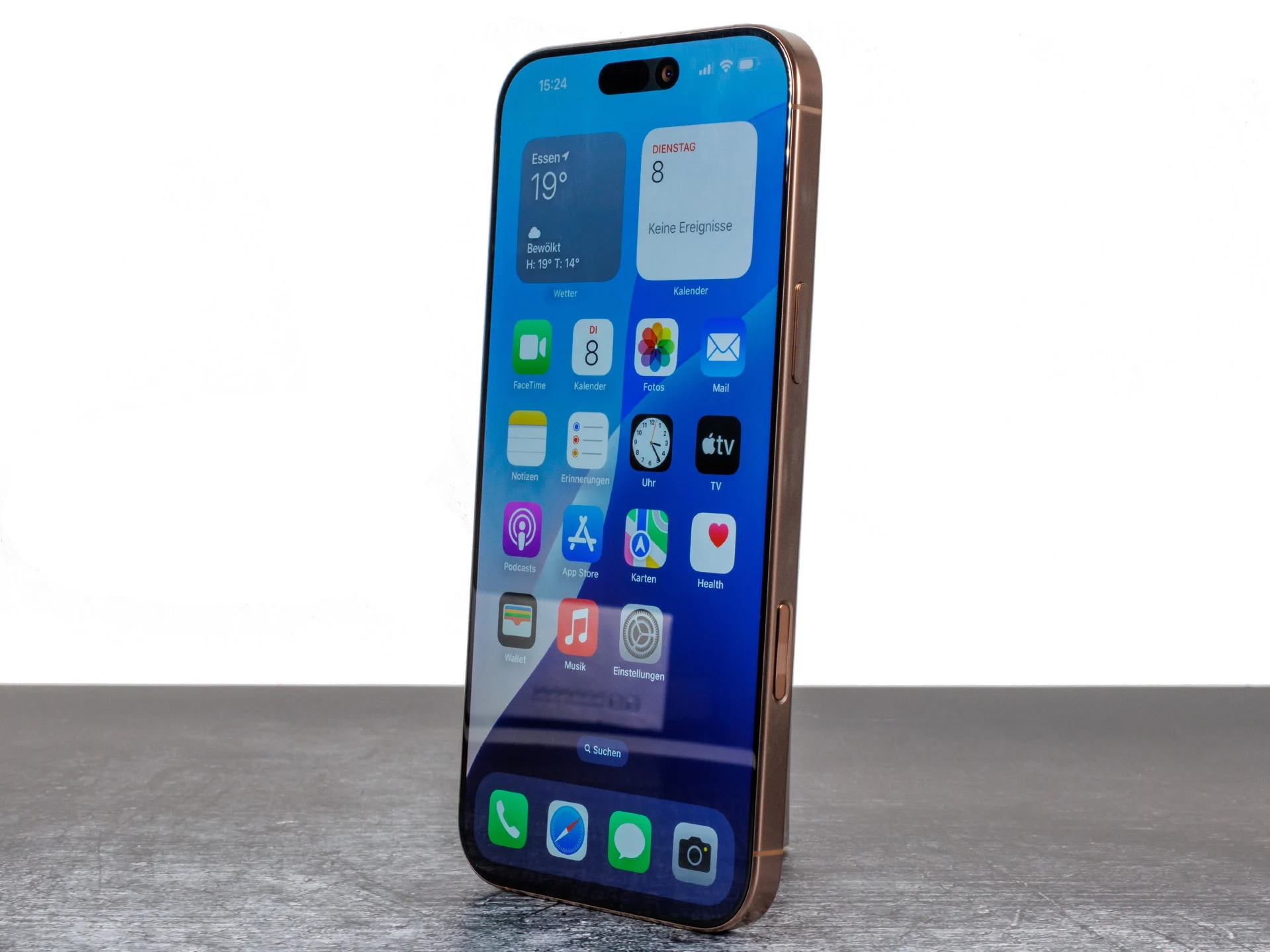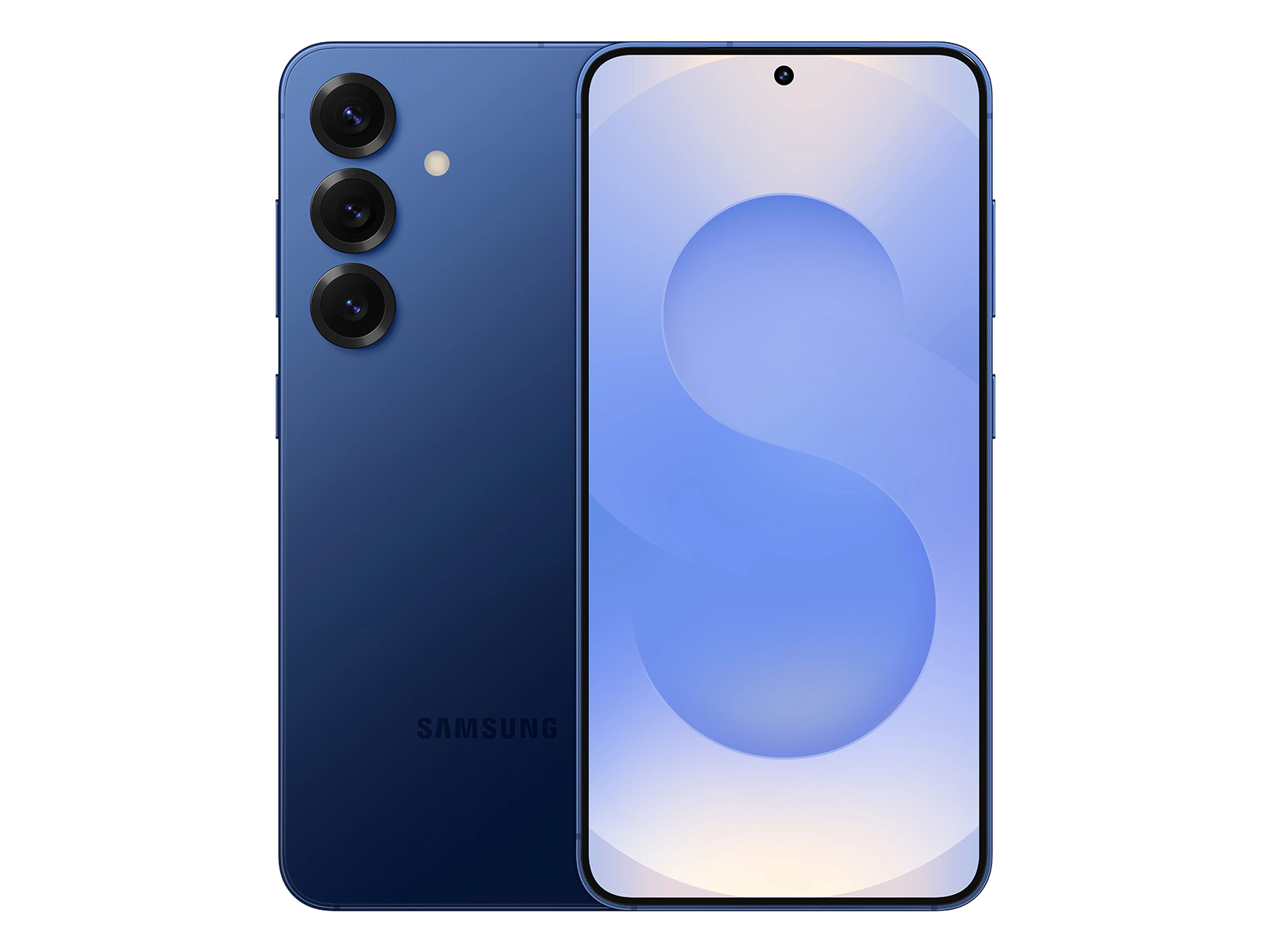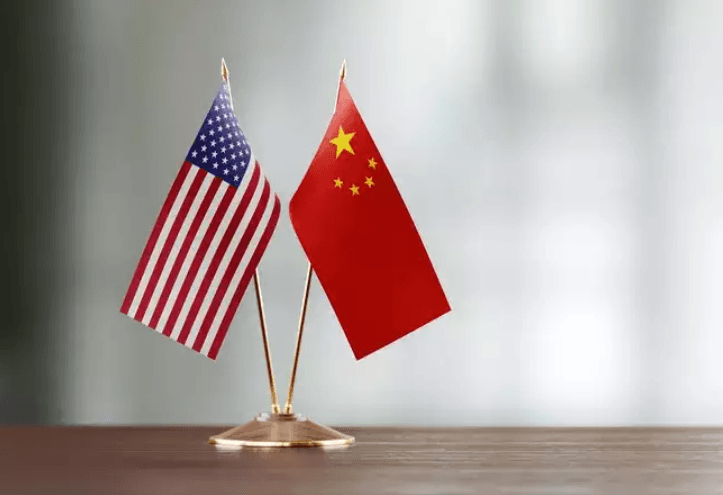Key Takeaways
1. Executives from Verizon, T-Mobile, and AT&T are worried about new tariffs on foreign products affecting smartphone prices.
2. Current tariffs include a general 10% and a doubled rate for devices made in China, leading to expected price hikes for consumers.
3. Verizon’s CEO indicated that the company will not absorb significant tariff increases, suggesting that prices will rise for customers.
4. AT&T’s CEO mentioned the need for innovative ways to help customers handle the upcoming price increases due to tariffs.
5. Apple, holding a major market share, is impacted by tariffs and is shifting production from China to India, which may take time and potentially raise prices further.
The top executives of the three biggest cell phone providers in the US, which are Verizon, T-Mobile, and AT&T, have all expressed concerns about the impact of new tariffs on foreign products. They have made it clear that they cannot absorb any rises in phone prices that may come from these tariffs.
Tariff Effects on Smartphones
While smartphones and tablets are temporarily exempt from reciprocal tariffs, they are still subject to a general 10% tariff from the Trump administration, which doubles for devices manufactured in China. The major carriers are evaluating the situation, but their leaders have collectively indicated that any price hikes will be passed on to consumers.
Verizon’s CEO, Hans Vestberg, stated, “if the tariff is going to be as high as they say on the handsets, we are not planning to cover that in our work” and “we will not cover any enormous increase on tariffs on handsets.” This suggests that Verizon is preparing for significant price adjustments.
Price Increases Coming
For example, a Verizon iPhone 16 Pro Max currently priced at $1,199 at Best Buy, before the carrier’s trade-in discount of up to $1,000, could rise to $1,439 if the existing tariffs are enforced. Many customers have been buying iPhones quickly, anticipating these increases, which might lead to a drop in demand later on. Even if Apple moves production of US-bound iPhones away from China to countries with lower tariffs, prices could still go up.
AT&T’s John Stankey mentioned, “So I think that if ultimately, costs are passed to us from those that we buy handsets from, unfortunately, for the customer, we’re going to have to come up with some new ways for them to figure out how to digest that increase in pricing.” He highlighted that while the business model may not change drastically, they will find innovative methods to help customers manage these price increases.
Apple and Market Implications
Apple held a dominant position in the US smartphone market last year with a 49.9% share, followed by Samsung at 21.4% and Motorola at 9.4%. This means Apple could be more affected by the tariff increases than others. Reports suggest that Apple is planning to release cheaper iPhones in the spring, allowing its more expensive Pro line to launch in the fall, which could help smooth out consumer purchasing patterns.
Additionally, Apple is shifting its US-bound iPhone production from China to India, but this transition may take time. The multibillion-dollar investment for US production that Apple announced will take even longer and could increase prices further. T-Mobile’s CEO has clearly stated that these cost increases “have to be borne by the customer.” He added, “I mean, our model isn’t prepared for something like that.”
Source:
Link



